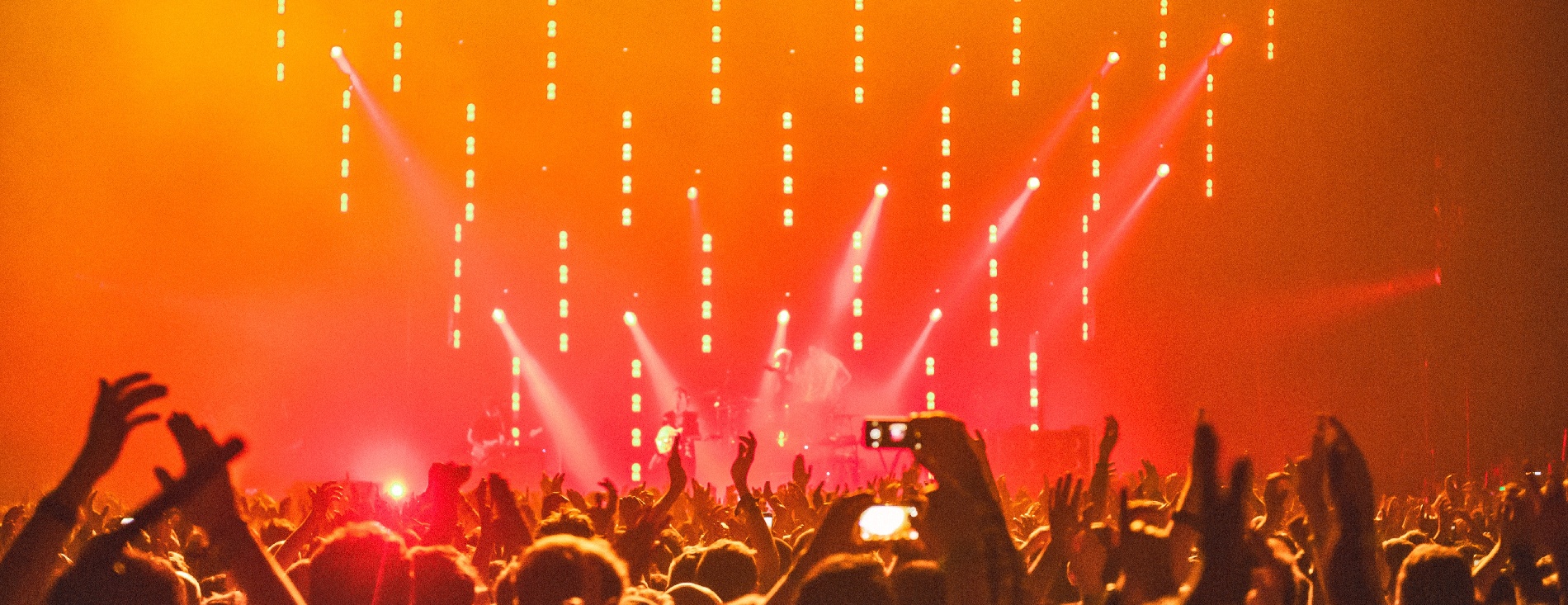Music

Topic Overview
The academic year 2024–2025 topic overview can be accessed by clicking the link below.
Music Topic Overview
Intent Statement
The aim of the music department is to provide students of all abilities the opportunity to access a varied music curriculum whilst focusing on the therapeutic benefits of music. We understand that our young people come to us under challenging circumstances and may have gaps in their schooling which impact their knowledge and skills. We therefore firstly aim to reengage them with music in our school classroom by providing a safe and supportive environment for them to explore their creativity through music. We are passionate about our subject, and we aim to engage and inspire students to develop a love of music and their talent as musicians. We do not just prepare students for assessments and examinations in Music but look at developing a lifelong appreciation and love of Music. Through our schemes of work, we develop students’ skills through three main areas: performing, composing, listening and appraising.
We aim to empower students with confidence in their musical abilities and through learning music, create a sense of achievement and foster self-expression that will permeate into other areas of their education.
Curriculum
We provide a wide and varied music curriculum across all key stages, introducing students to multiple musical styles, genres and cultures.
When possible, students are encouraged to perform music together. This fosters a collaborative and supportive atmosphere and increases their self-confidence and improves their interaction with their peers outside of the classroom. All students are encouraged to regularly practice independently, and the school provides a range of instruments for students to use between lessons.
Students are also offered opportunities to learn skills focusing on other areas of music, such as songwriting and composition, music production and sound design. These skills allow students to explore other musical experiences and showcase the wide range of educational and vocational musical pathways and opportunities.
KS3
Performing – Students at KS3 gain foundational skills in various instruments, including keyboards, guitar and a number of percussion instruments. Students are introduced to a number of different performance styles from a range of cultural backgrounds. These skills are further developed at KS4 and KS5.
Composition – In KS3 students will develop basic composition skills, mainly working in groups or pairs. Initially students compose through practical work, developing ideas on a range of instruments. They are also introduced to music technology, including Garageband and Sibelius for the notation of music. At KS4 and KS5 students are required to develop these skills further to produce a variety of fully formed musical pieces.
Listening – Throughout all Key Stages students are encouraged to take part in active listening to music – not having music as a background noise, but as a focal point. Students are encouraged to actively listen to a wide range of music at KS3, including a range of World Music, Musical Theatre and Film Music. At KS4 students follow the Set Works prescribed by AQA which fall into 4 Areas of Study – Western Classical 1650-1910, Popular Music, Traditional Music and Western Classical since 1910.
Appraising – In conjunction with listening, students are encouraged to make judgments on different pieces. Throughout all Key Stages students use the Element of Music to do this. These elements describe the building blocks of all music – melody, harmony, duration, pitch, rhythm, structure, tempo, instrumentation, dynamics and texture. Throughout the Key Stages students develop the musical vocabulary associated with each element, enabling them to musically describe a piece more accurately. This is assessed at KS4 through their written examination.
KS4
We offer years 10 and 11 students the opportunity to choose music at GCSE, with at least two weekly 1-hour sessions. Students are required to be intermediate level on at least one instrument as a prerequisite before choosing music as a GCSE. Students should also have a basic knowledge of musical theory and understand the fundamentals of music. We follow the AQA GCSE Music syllabus.
At GCSE, students focus on three main areas of study: Understanding, Performing and Composing. Students will learn a range of music types, including vocal, instrumental, music for film, pop, jazz, fusion, and new music. We are able to provide instruments, recording equipment and notation software necessary for the completion of all areas of study.
Building cultural capital
We aim to bring a rich cultural capital to our students through:
- Song writing and composition workshops
- Watching live music performances
- Watching musical theatre performances
- Listening to music for TV & Film
- Recording sessions
- Ensemble performances
- Virtual music exhibitions
